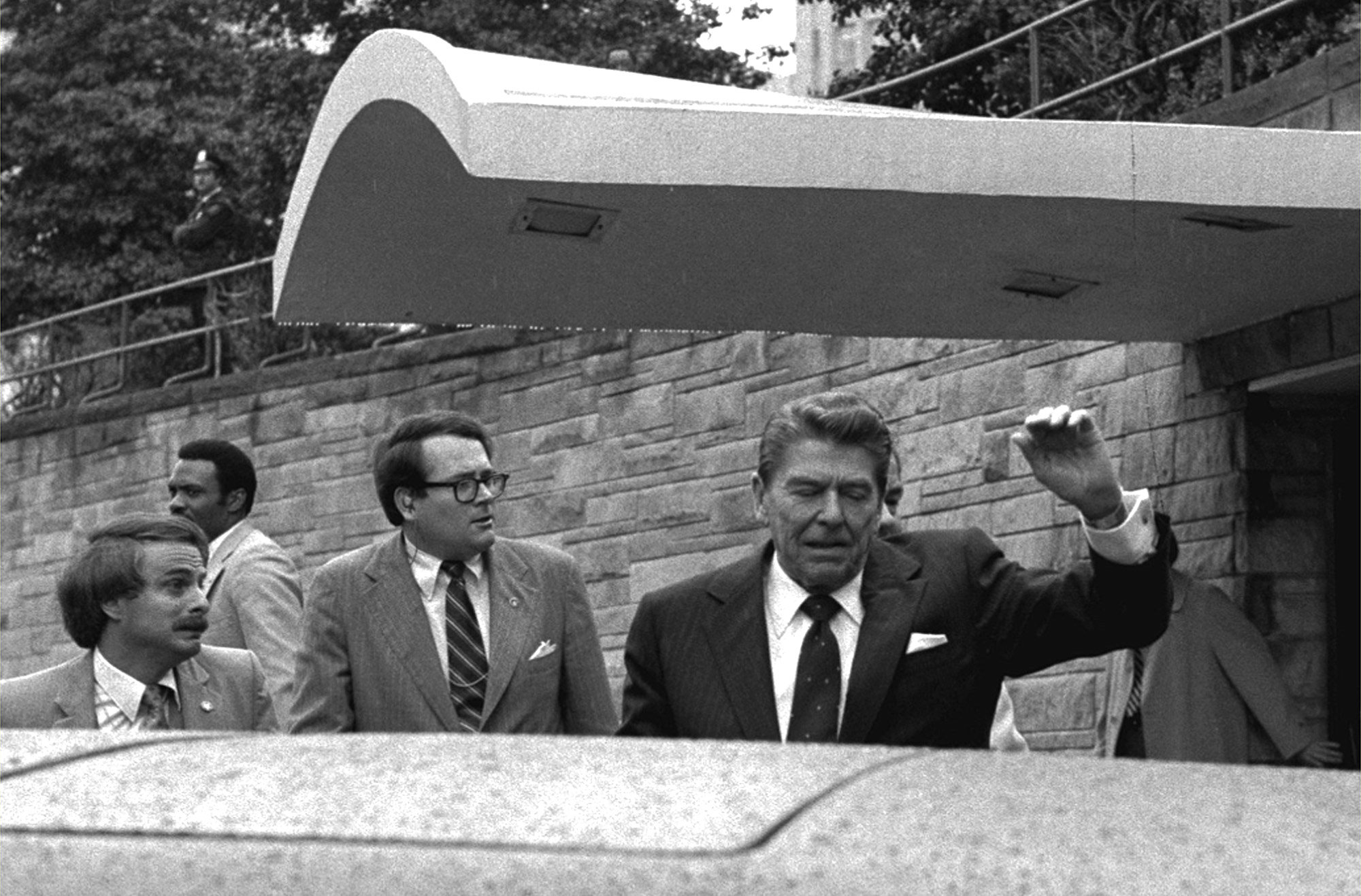In the annals of American history, few events have stirred as much public emotion and debate as the assassination attempt on President Ronald Reagan on March 30, 1981. This shocking incident not only put the life of the newly elected president in jeopardy but also revealed the complex interplay between celebrity culture, mental health, and political extremism. Reagan's presidency marked a significant period in U.S. history, characterized by conservative policies and a firm stance against communism, yet it was nearly overshadowed by violence and tragedy.
The attempt on Reagan's life was carried out by John Hinckley Jr., whose obsession with actress Jodie Foster drove him to commit an act of violence that would forever alter the course of his life and the lives of those around him. As we delve deeper into this tumultuous event, we will uncover the motivations behind Hinckley's actions, the chaotic moments of the assassination attempt, and the profound impact it had on both Reagan and his administration.
In this article, we will explore the intricate details surrounding the assassination attempt on Ronald Reagan, from Hinckley's troubled past to the aftermath of the shooting, including its implications for American politics and gun control. Join us as we retrace the steps leading to that fateful day and examine how it forever changed the landscape of American history.
Table of Contents
- Biography of Ronald Reagan
- The Assassination Attempt
- Impact on Reagan and the Nation
- Legal Outcome for Hinckley
Biography of Ronald Reagan
Ronald Reagan was born on February 6, 1911, in Tampico, Illinois. Before entering politics, he had a successful career as a Hollywood actor, appearing in over 50 films. His film career helped him develop a charismatic public persona that would later serve him well in politics.
| Personal Detail | Information |
|---|---|
| Full Name | Ronald Wilson Reagan |
| Date of Birth | February 6, 1911 |
| Place of Birth | Tampico, Illinois |
| Presidency | 1981 to 1989 |
| Political Party | Republican |
The Assassination Attempt
On March 30, 1981, President Reagan was leaving the Washington Hilton Hotel after delivering a speech when he was shot by John Hinckley Jr. Hinckley, who was motivated by his infatuation with actress Jodie Foster, fired six shots, striking Reagan and several others in the process. The chaotic scene unfolded in seconds, with Secret Service agents and police rushing to protect the president.
Despite being shot, Reagan managed to maintain his composure. However, he later recalled the panic he felt as he realized he was bleeding and struggling to breathe. The nation's attention was riveted to the unfolding drama as news outlets reported on the incident, emphasizing the gravity of the situation.
Impact on Reagan and the Nation
The assassination attempt had a profound effect on President Reagan's health and his presidency. He was hospitalized for several weeks, undergoing surgery to remove a bullet that had ricocheted off his rib and lodged in his lung. The incident also sparked a national conversation about gun control and the safety of public figures.
Reagan's experience changed him in many ways, making him more empathetic and aware of the challenges faced by those in his position. The ordeal also highlighted the vulnerabilities of the presidency and the need for improved security measures.
Legal Outcome for Hinckley
In 1982, John Hinckley was tried for the attempted assassination of President Reagan. His defense team argued that he was not guilty by reason of insanity, a claim that stirred significant controversy and public outcry. Ultimately, the jury accepted this defense, leading to Hinckley's commitment to a psychiatric hospital rather than prison.
This verdict sparked a nationwide debate about the insanity defense and prompted changes to mental health laws in several states. Hinckley's story serves as a reminder of the complexities surrounding mental health issues and the legal system's attempts to address them.
Unraveling The Complex Life Of David Berkowitz: The Infamous Son Of Sam
Maximilien De Robespierre: The Architect Of The French Revolution (1758-1794)
Chris And Morgane Stapleton: A Love Story At The 2024 ACM Awards


